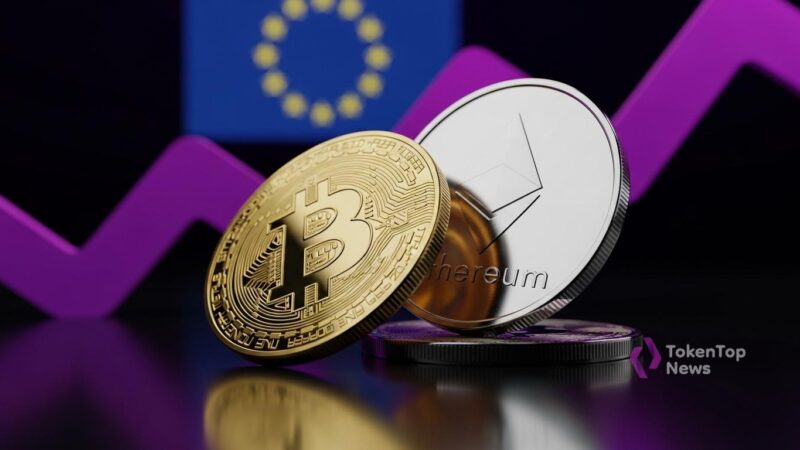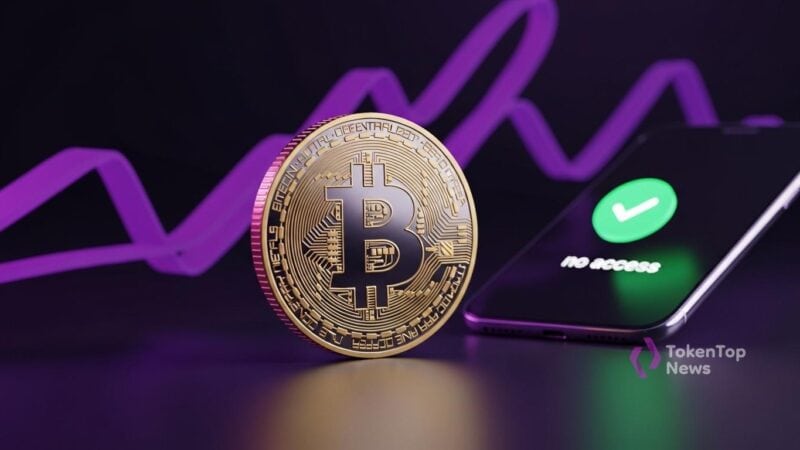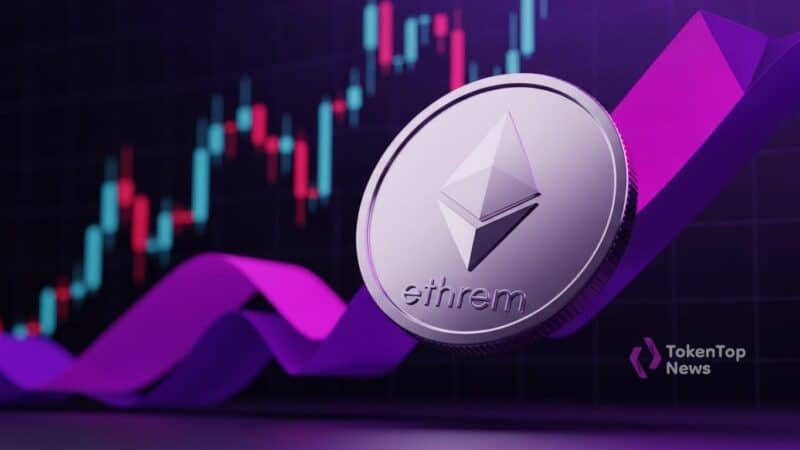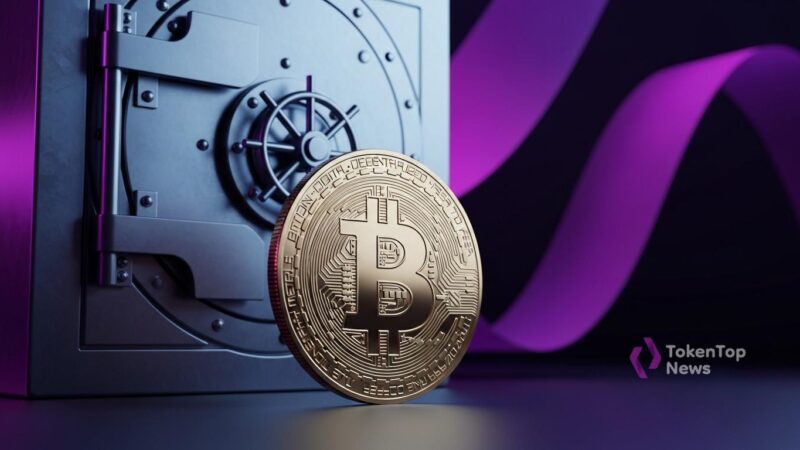Kremlin Rejects European Ceasefire Ultimatum, Citing Inappropriateness
- Rejection of European ultimatum by Kremlin shakes markets.
- Russia’s crypto use influenced by sanctions threat.
- Potential increased crypto trading amidst geopolitical tensions.
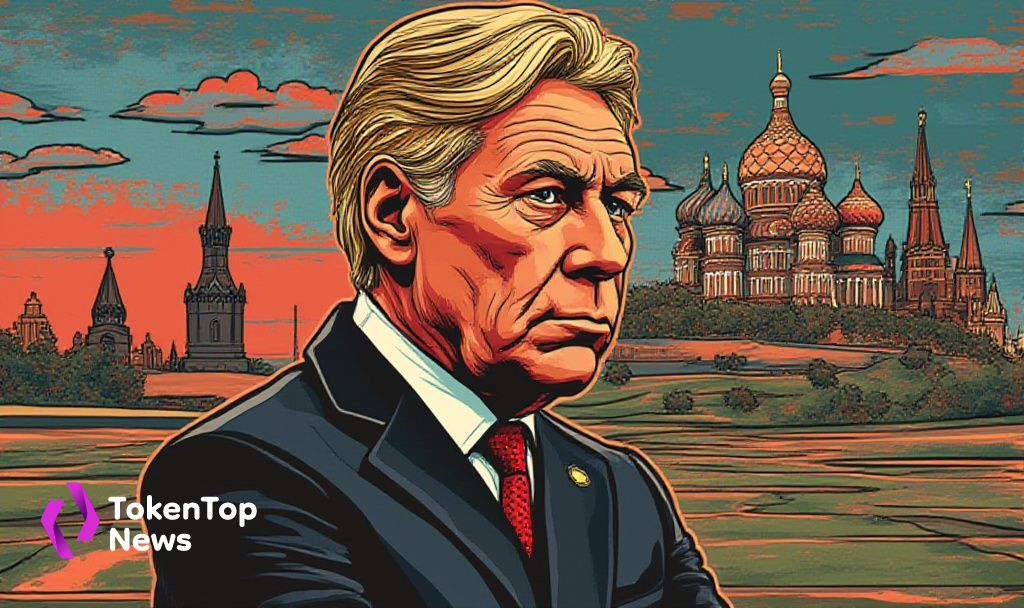
Kremlin spokesperson Dmitry Peskov declared the European ceasefire ultimatum to Russia as “unacceptable,” emphasizing the need for long-term peaceful solutions. This highlights geopolitical tensions and raises questions about crypto market dynamics.
The Kremlin’s rejection of the European ceasefire ultimatum may escalate geopolitical tensions, potentially increasing Russia’s reliance on crypto for international transactions.
The Kremlin has firmly rejected a European ultimatum demanding a ceasefire in Ukraine. Dmitry Peskov, the spokesperson, stated that such communication is “unacceptable” and highlighted the need for a serious search for peace. European leaders from France and Germany were involved in proposing the ultimatum. Statements from Vladimir Putin and Dmitry Peskov indicated that Russia views ultimatum language as inappropriate and favors a peaceful settlement approach instead.
“The language of ultimatums is unacceptable to Russia, it is not appropriate. You cannot talk to Russia in such a language. We are focused on a serious search for ways to achieve a long-term peaceful settlement,” Dmitry Peskov, Kremlin Spokesperson, Russia, source
The geopolitical tension has a direct impact on financial markets. European Union countries, including Germany, have threatened “massive” sanctions if Russia does not comply with the ceasefire demands. These sanctions could severely affect Russia’s financial sector, prompting increased cryptocurrency usage for cross-border trades. The financial and political implications include potential impacts on crypto markets, particularly Russia’s use of Bitcoin BTC +0.00% , Ethereum ETH +0.00% , and Tether for evading sanctions. The proposed massive sanctions by the EU may push Russia further into crypto markets, relying on digital currencies for trade with countries like China and India.
Insights into potential outcomes suggest an increase in cryptocurrency trading volumes in Russian-related wallets. Historical trends indicate a correlation between geopolitical tensions and increased crypto adoption in sanctioned regions. Russia’s adaptation to sanctions might involve more sophisticated crypto transactions for international trade, potentially affecting digital currency markets globally and reinforcing their strategic importance in global geopolitics.
Kremlin Stresses Peaceful Solutions, Dismissing European Demands.

